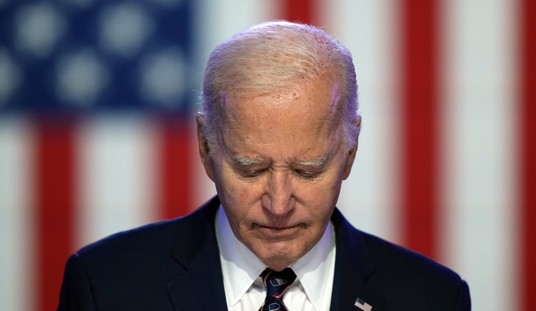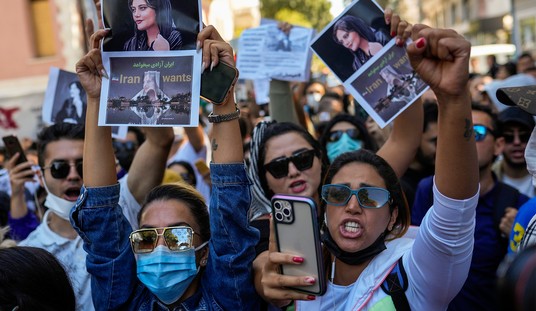Last night’s NHL game between the Dallas Stars and Columbus Blue Jackets promised to be an exciting hockey match. Both teams were battling for a playoff spot and, true to form, the game began with a fast pace and hard-hitting action.
About seven minutes into the contest, Dallas sped through center ice in attack mode and changed lines on the fly. To the bench went 31-year-old Rich Peverley, a well-traveled center who won a Stanley Cup playing with the Boston Bruins in 2011.
It’s not clear what happened next, but Peverley apparently keeled over on the bench, and lay still. Immediately, Dallas players hopped over the boards to give the medical staff room to treat him, looks of panic and concern on their faces. As the rink gets quiet, you can hear calls for a paramedic, but by that time the doctors had carried Peverley out of the rink back into the hallway behind the benches.
http://youtu.be/_CvyL1TKVW8
There, in the narrow confines of a corridor underneath American Airlines Center, doctors worked frantically to save Peverley’s life. They put him on oxygen and started an IV drip. They gave him “chest compression,” pushing on his heart trying to get the rhythm back to normal. Peverley suffered from a pre-existing heart condition for which he was operated on last summer. He missed the entire preseason and the first game of the year due to the surgery on what one doctor described as a “quivering heart.”
Working through the treatment checklist, they then used the defibrillator to steady his heartbeat. He responded immediately and began to communicate with the doctors. He told one physician, Dr. Gil Salazar, in typical tough-guy hockey fashion that he wanted to go back in and play. He was taken to the hospital where he remained awake and was pronounced in stable condition.
As for the game, it was immediately postponed. The NHL said in a statement, “As a result of the emotional state of the players on both teams caused by the medical emergency, the game is being postponed. We apologize for any inconvenience and we thank the fans.”
Indeed, most of the players looked absolutely stricken. There was never any question that the game would have to be postponed. Hockey is a game of 60 minutes — three 20-minute periods. But for the players, it is an extraordinarily intense game of 30-45 second shifts where they skate 20 MPH and throw their bodies around with abandon, only to come back a few minutes later and do it again. The mental and physical exertion to play the game at a professional level requires exceptional concentration and conditioning. In this case, both teams appeared emotionally devastated and cancelling the rest of the game was the only choice.
Peverley’s future as a pro hockey player is obviously in doubt. Doctors say there has to be a cause for his condition and finding it may take some time. Meanwhile, the performance of the medical staff in this emergency was both heroic and sublimely competent. Dallas team doctor William Robertson said that the medical team actually trains for emergencies like this:
“That team is made up of internal medicine doctors, orthopedic surgeons, trauma surgeons, trauma doctors, airway specialists, they’re all here to respond to incidents like this along with the Dallas Fire and Rescue paramedic staff,” said Dr. Bill Robertson, head team physician for the Stars.
I remember watching a St. Louis Blues game on TV when Blues player Steve Tuttle was fighting for position in front of the goal and accidentally caught his skate on Clint Malarchuck’s neck severing the artery. Only extraordinary work by the doctor while Malarchuck was bleeding out on the ice saved his life.
It’s moments like that, and the horrible incident in Dallas, that make us realize how truly insignificant the games we play are and what really matters in life.









Join the conversation as a VIP Member